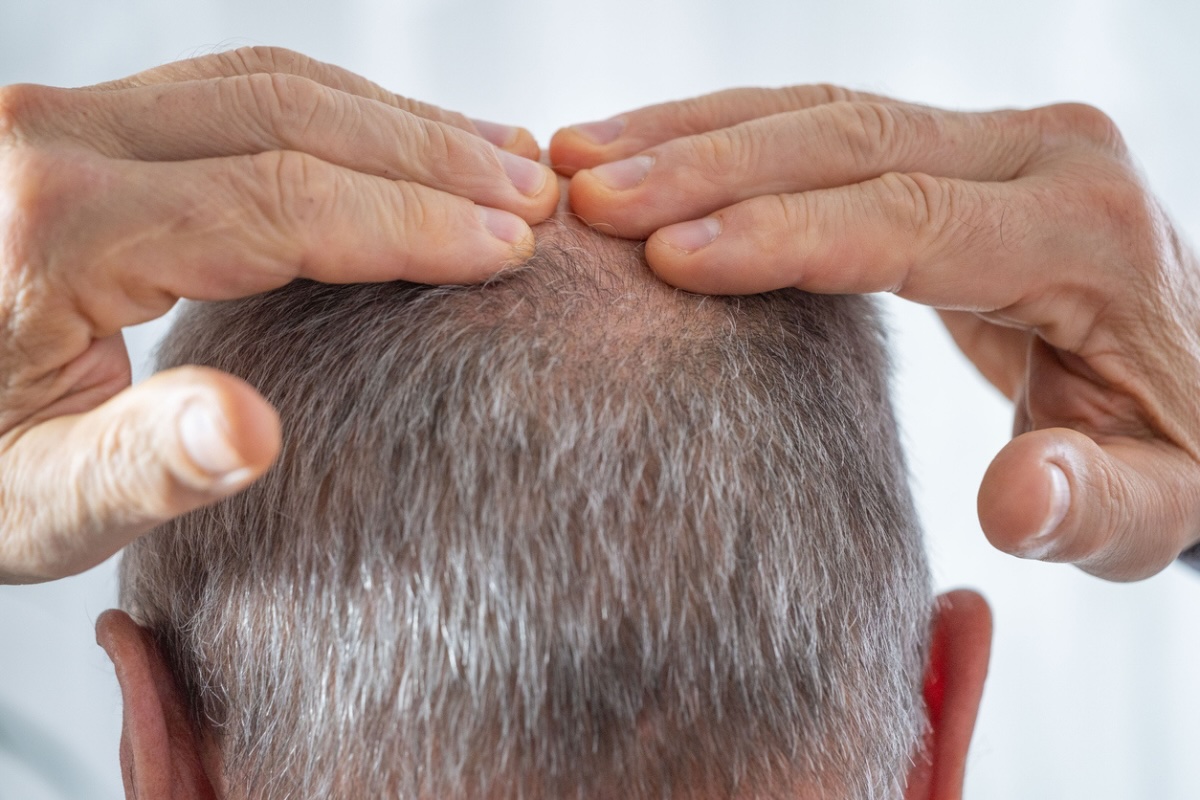A new clinical trial exploring the psychedelic potential of ketamine in treating highly treatment-resistant depression (TRD) has produced some encouraging results. The findings suggest that controlled clinical settings can help maintain relief long after the last infusion.
“Ketamine has been called the most exciting antidepressant innovation in decades but major questions remain about how it works,” lead author Kyle Greenway, MD, assistant professor in McGill University’s Division of Social and Transcultural Psychiatry, explained.
“As ketamine clinics emerge in hospitals and private retreats across Canada, there’s also an urgent need for more standardized treatment models,” study co-lead Nicolas Garel, MD, and assistant professor at the University of Montreal, added.
Methodology…and the Montreal Model
Researchers from McGill University and Imperial College London led the study, which appears in the latest British Journal of Psychiatry.
The MUSIK trial (Music for Subanesthetic Infusions of Ketamine), conducted in Montreal between 2021 and 2022, assessed a new attempt at ketamine-assisted psychotherapy dubbed the “Montreal Model.” It involved 32 participants with severe, highly comorbid TRD. Many of the participants had lived with depression for years and endured several failed treatments. More than 80% of them also had a co-occurring personality disorder. While, nearly all of them lived with significant suicidality at the time of enrollment.
Each participant received half a dozen low-dose ketamine infusions for four weeks, supported by weekly psychotherapy. Finally, half the group listened to a curated playlist during their sessions, while the other half instead received alternative support, such as mindfulness cues and quiet reflection.
Music Made No Difference
Clinicians almost always rely on music during psychedelic therapy to help guide the emotional experience for the patient. But in this trial, it made no statistical difference in the results.
However, both groups saw notable reductions in depression symptoms by week four. More importantly, those gains remained by the eight-week follow-up. Clinician-assessed depression scores dropped by an average of 12 points, with self-reports confirming those improvements. Anxiety and suicidality rates also dropped off.
The study’s authors add that even without a clear indication of the music making any difference, it doesn’t mean that it lacked benefits. The trial’s earliest phase showed that music boosted ketamine’s cardiovascular tolerability. More specifically, it helped curb the rise in blood pressure during infusions.
What Did Make a Difference?
However, where this study breaks new ground is the link it exposes between ketamine’s psychedelic-like experiences to sustained depression relief.
Using tools like the Mystical Experience Questionnaire (MEQ) and the Emotional Breakthrough Inventory (EBI), researchers tracked each participant’s journey after every session. Scores on the MEQ appeared to be strongly predictive of later reductions in depressive symptoms.
Participants who experienced more intense mystical experiences in a session tended to report much lower depression scores by the time of the next session. The study results show that it wasn’t just that people got better because they had more sessions. What mattered was how participants experienced those sessions that mattered most.
Conversely, emotional breakthroughs, while promising at first, seemed to be more likely to correlate with symptom improvement in both directions. That is, feeling better might have made the patients more receptive to breakthroughs, rather than the other way around.
Context Is (Still) Key
While earlier studies have established ketamine’s quickly effective antidepressant properties, its benefits always seem to be relatively short-lived. Most patients relapse within a week or two without a proper maintenance plan. The results of this study – showing relief that persisted for at least four weeks after the final dose — could reflect the influence of the Montreal Model’s extra-pharmacological elements.
For example, each treatment took place in a calm, carefully designed environment. Facilitators encouraged patients to wear blindfolds, engage in preparatory and integrative psychotherapy, and explore their experiences fearlessly. That structure, the authors insist, might help explain the trial’s impressive results.
What Now?
This trial doesn’t just reinforce ketamine’s potential for TRD. It also adds to a growing body of evidence that psychedelic-like experiences can be effective tools in psychiatric healing, even when induced by a substance not traditionally categorized as a classic psychedelic.
“Our study shows that our approach not only yields more durable relief, but that it can be implemented safely and effectively in real-world, resource-lean public healthcare settings that care for patients who are much more complex than those typically enrolled in clinical studies,” Greenway concluded. “It could bring some order and structure to a field that’s currently a bit of a Wild West.”
In a field desperate for more effective, longer-lasting depression treatments, the MUSIK trial shows a glimpse of a promising path forward. When patients receive ketamine in the proper setting — with a proven structure and proper emotional support — it can surpass its chemical components.
Further Reading
Talking to Your Patients About Psychedelics


